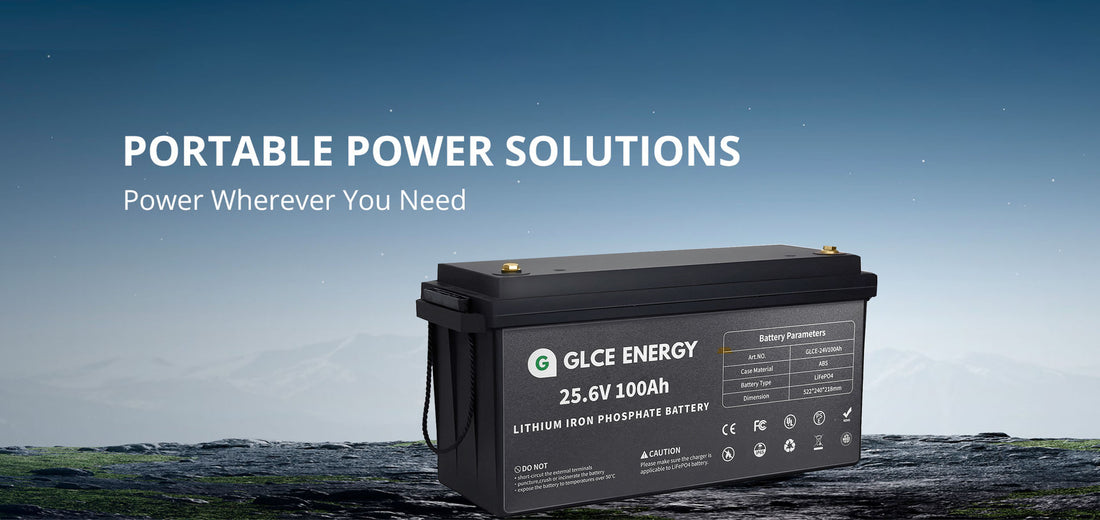With the rise of the energy storage market in recent years, some power battery enterprises have been actively expanding into the energy storage business, opening up new application markets for lithium iron phosphate batteries. On the one hand, due to its characteristics of ultra-long lifespan, safety in use, large capacity, and environmental friendliness, lithium iron phosphate can extend the value chain when transferred to the energy storage field, thereby promoting the establishment of new business models. On the other hand, energy storage systems paired with lithium iron phosphate batteries have become the mainstream choice in the market.
Lithium iron phosphate batteries are a common type of lithium-ion battery, characterized by high energy density, long cycle life, and low self-discharge rate. They have widespread applications in many fields, including but not limited to:

Electric vehicles and hybrid electric vehicles (HEVs): Lithium iron phosphate batteries are widely used as power sources for electric vehicles and hybrid electric vehicles. Their high energy density and long cycle life provide electric vehicles with longer driving ranges and extended lifespans.
Energy storage systems: Lithium iron phosphate batteries are widely used in residential, commercial, and industrial energy storage systems to balance grid loads, address peak demands, and serve as backup power sources.
Renewable energy storage: Combined with renewable energy sources such as solar and wind power, lithium iron phosphate batteries can store excess power generated by these sources and release it when needed.
Portable electronic devices: Lithium iron phosphate batteries are also widely adopted in portable devices such as laptops, tablets, smartphones, and handheld tools.
Emergency and backup power: Lithium iron phosphate batteries are used in applications such as emergency lighting, emergency communication equipment, and other applications requiring backup power.
Compared to other lithium-ion batteries, lithium iron phosphate (LFP) batteries have higher safety standards. Here are some key features of lithium iron phosphate battery safety:

Thermal stability: Lithium iron phosphate batteries demonstrate better stability at high temperatures compared to other types of lithium-ion batteries. They can operate at higher temperatures without experiencing overheating issues.
High-temperature resistance: Lithium iron phosphate batteries typically have high heat resistance, which helps prevent thermal runaway in high-temperature environments.
Chemical stability: The chemical structure of lithium iron phosphate is relatively stable, reducing the risk of battery thermal runaway or fire.
Long lifespan: Lithium iron phosphate batteries have a longer cycle life, typically enduring more charge-discharge cycles without losing performance. This helps reduce safety risks caused by battery aging.
Low self-discharge rate: Lithium iron phosphate batteries have a relatively low self-discharge rate, meaning they can maintain a high state of charge when stored and not in use, reducing factors that may lead to safety issues.
GLCEENERGY LiFePO4 Batteries offer a range of unique advantages including high operating voltage, large energy density, long cycle life, low self-discharge rate, absence of memory effect, and environmental friendliness. They support seamless scalability and are suitable for large-scale energy storage, with promising applications in areas such as safe grid connection for renewable energy power stations, peak shaving for power grids, distributed power stations, UPS power supplies, emergency power systems, and more.

